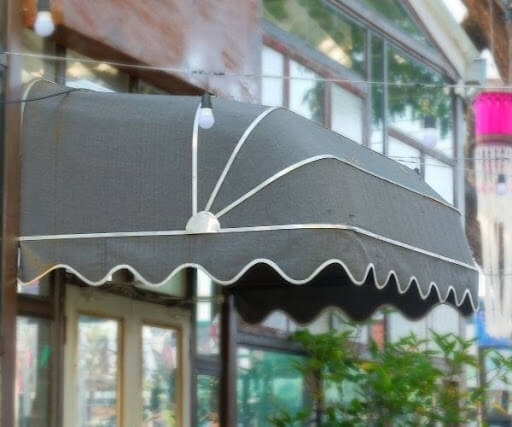A big decision for any homeowner is what kind of fuel they’d like to use. Even though natural gas and propane have both been on the market for countless years, people have trouble picking, which is the best for them.
Here are some pros and cons of both of them to give you a chance to choose for yourself!
Pros for Propane
Created in its modern form in 1912, propane is an American favorite. It burns slower than its competitors, which saves money on replacing or refueling.
Propane is available nearly everywhere as long as you have a mailing address. Commercial propane delivery ensures that nobody runs out, as well as making sure your tank is either new or in good shape, for no cost.
Propane is a clean fuel, which means that once it’s burned, it doesn’t make any toxic fumes or cause trouble for the environment. The tanks it comes in are even reusable, so you don’t have to waste anything. Although that may sound limited, the great thing about a propane tank is you can use it on any equipment you own, and it gives you an excuse to buy something better.
Pros for Natural Gas
The name alone makes natural gas sound green. This gas burns hotter and is cheaper by the unit, than propane. It can be sent directly into your home via lines that ensure you’ll never have to worry about delivery. It’s more available in cities, where more people are, and it is better for getting a more predictable flame.
Cons for Propane
You have to have it delivered, or pick it up yourself, to have it in your home. There’s no option for a direct propane line to go straight to your kitchen. Another problem is that propane can be a little more expensive depending on where you live and what company you support. The warning system for a propane system is at the end of your face- it ends up smelling like a rotten egg, and could ruin any meal if there’s even a small leak.
Cons for Natural Gas
Natural gas has a lot going on that isn’t great. To start with, every single step of natural gas is terrible for the environment. Starting through fracking, and then ending up as pollution in the atmosphere, it’s not great for Earth.
It’s also not great for your wallet. If you’re working to save money, having a natural line of gas in your home, you’re staring at a ticking time bomb. Repairing a natural gas line to an appliance is $100-300 each, which means if you have a whole kitchen to fix or set up, you could be looking at a wallet breaker.
Natural gas also burns up faster, which means that although it’s cheaper by the foot, you’ll be going through that amount more quickly than propane.
Although they’re both gas, both used to cook your food, and both nationally famous, they’re very different products. Hopefully, after pouring over these options, you’ll be able to make an informed decision on what’s best for your household.




 POSTED BY
POSTED BY 

